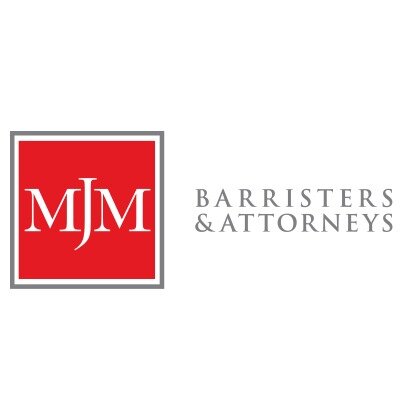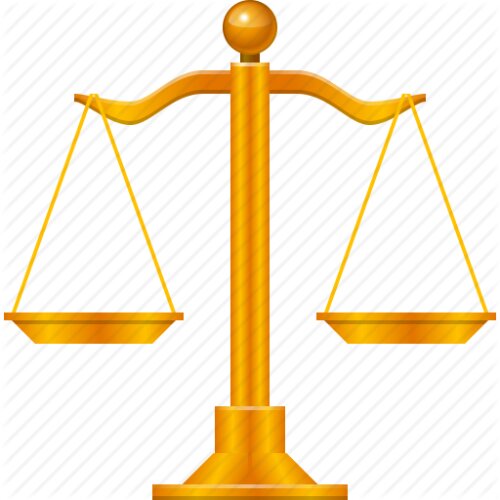Best ADR Mediation & Arbitration Lawyers in Hamilton
Share your needs with us, get contacted by law firms.
Free. Takes 2 min.
List of the best lawyers in Hamilton, Bermuda
About ADR Mediation & Arbitration Law in Hamilton, Bermuda
Alternative Dispute Resolution (ADR) refers to various methods used to resolve legal conflicts without resorting to traditional court litigation. Mediation and arbitration are two of the most popular forms of ADR. In Hamilton, Bermuda, these methods are often preferred for their efficiency, discretion, and cost-effectiveness. Mediation involves a neutral third-party mediator who helps the disputing parties reach a mutual agreement. Arbitration, on the other hand, involves an arbitrator who hears both sides and makes a binding decision. Bermuda's legal framework supports and regulates these forms of dispute resolution to ensure fairness and justice.
Why You May Need a Lawyer
There are several situations where you may require legal help in ADR mediation and arbitration:
- Contract Disputes: When conflicts arise from contractual obligations and terms.
- Employment Issues: Resolving disagreements between employers and employees.
- Family Matters: Navigating complex divorce settlements or custody arrangements.
- Commercial Disputes: Addressing business-related conflicts without damaging relationships.
- Real Estate Disputes: Handling property issues amicably and quickly.
- Financial Disputes: Settling monetary disagreements outside of court.
A lawyer can provide valuable guidance, ensure the process remains fair, and help protect your rights and interests throughout the ADR process.
Local Laws Overview
The legal landscape in Bermuda for ADR is governed by both local statutes and international conventions to which Bermuda adheres. Key aspects include:
- Arbitration Act 1986: This legislation outlines the procedures and rules for arbitration, including the appointment of arbitrators and enforcement of awards.
- Mediation Guidelines: There are established protocols for mediation to ensure all parties engage in good faith and seek a mutually agreeable solution.
- International Conventions: Bermuda is a signatory to the New York Convention on the Recognition and Enforcement of Foreign Arbitral Awards, facilitating the enforcement of international arbitration decisions.
- Confidentiality Rules: Both mediation and arbitration processes in Bermuda are designed to be confidential, protecting the privacy of the parties involved.
Frequently Asked Questions
What is the difference between mediation and arbitration?
Mediation involves a mediator who facilitates discussions between parties to help them reach a voluntary agreement. Arbitration involves an arbitrator who hears evidence and arguments from both sides and makes a binding decision.
Are arbitration decisions legally binding in Bermuda?
Yes, arbitration decisions (awards) are binding and enforceable under the Arbitration Act 1986.
Can I use ADR for family disputes in Bermuda?
Yes, ADR methods like mediation are commonly used for family law matters such as custody arrangements and divorce settlements.
Do I need a lawyer for ADR proceedings?
While not mandatory, having a lawyer can help you navigate the legal intricacies, ensure fairness, and protect your rights.
How long does an arbitration process usually take?
The duration can vary based on the complexity of the case but typically takes less time than traditional court litigation.
Can I appeal an arbitration decision?
Generally, arbitration decisions are final and binding, with very limited grounds for appeal, primarily involving procedural errors or questions of fairness.
Is ADR confidential?
Yes, both mediation and arbitration processes are designed to be confidential, protecting the privacy of the parties involved.
What types of disputes are suitable for ADR?
Contract disputes, employment issues, family matters, commercial disputes, real estate disputes, and financial disagreements are all suitable for ADR.
How do I choose an arbitrator or mediator?
Parties typically agree on a neutral third-party professional or choose from a list provided by a relevant ADR institution or legal body.
What happens if mediation does not result in an agreement?
If mediation does not result in an agreement, parties may proceed to arbitration or traditional court litigation to resolve the dispute.
Additional Resources
The following resources and organizations can be helpful:
- Bermuda Bar Association: Provides resources and directories to find qualified lawyers in ADR.
- Bermuda Chamber of Commerce: Offers support and guidelines for commercial dispute resolution.
- Bermuda International Arbitration Centre: An institution facilitating ADR processes with expertise in international disputes.
- Government of Bermuda: Provides information on legal frameworks and support services related to ADR.
Next Steps
If you require legal assistance in ADR mediation and arbitration in Hamilton, Bermuda, here are the steps to follow:
- Assess Your Needs: Determine whether your situation warrants mediation, arbitration, or both.
- Consult a Lawyer: Seek advice from a qualified lawyer who specializes in ADR to discuss your case and explore your options.
- Select an ADR Professional: Work with your lawyer to select a suitable mediator or arbitrator experienced in handling cases like yours.
- Engage in the Process: Actively participate in the ADR process, ensuring open communication and good faith negotiation.
- Follow Through: Adhere to the outcomes of the ADR process, whether it's a mutual agreement from mediation or an arbitration award.
By following these steps, you’ll be well-equipped to navigate the ADR processes effectively and achieve the best possible outcome for your situation.
Lawzana helps you find the best lawyers and law firms in Hamilton through a curated and pre-screened list of qualified legal professionals. Our platform offers rankings and detailed profiles of attorneys and law firms, allowing you to compare based on practice areas, including ADR Mediation & Arbitration , experience, and client feedback.
Each profile includes a description of the firm's areas of practice, client reviews, team members and partners, year of establishment, spoken languages, office locations, contact information, social media presence, and any published articles or resources. Most firms on our platform speak English and are experienced in both local and international legal matters.
Get a quote from top-rated law firms in Hamilton, Bermuda — quickly, securely, and without unnecessary hassle.
Disclaimer:
The information provided on this page is for general informational purposes only and does not constitute legal advice. While we strive to ensure the accuracy and relevance of the content, legal information may change over time, and interpretations of the law can vary. You should always consult with a qualified legal professional for advice specific to your situation.
We disclaim all liability for actions taken or not taken based on the content of this page. If you believe any information is incorrect or outdated, please contact us, and we will review and update it where appropriate.

















